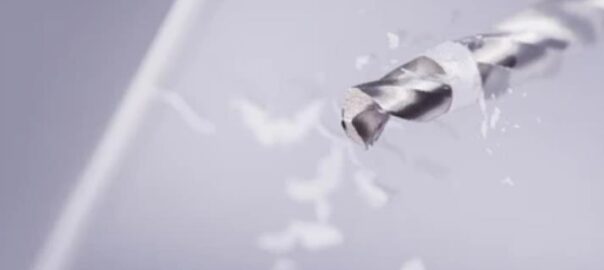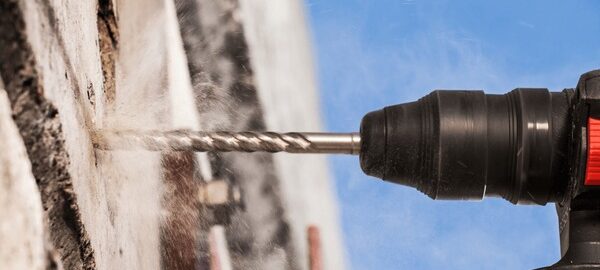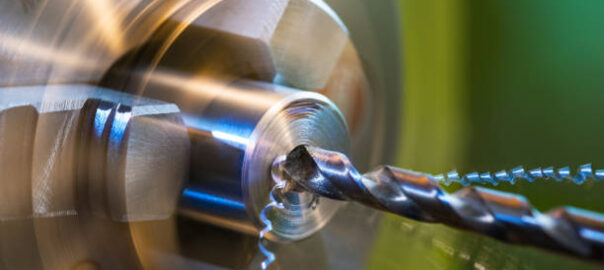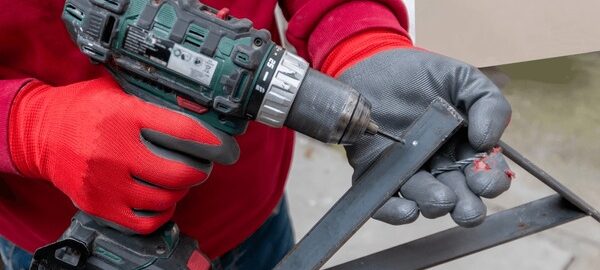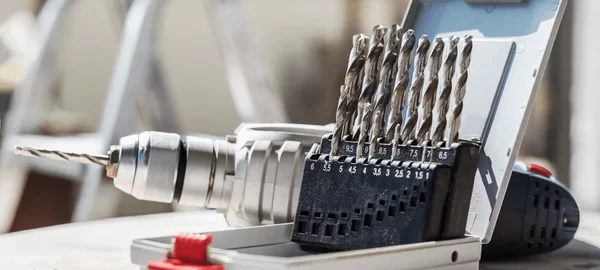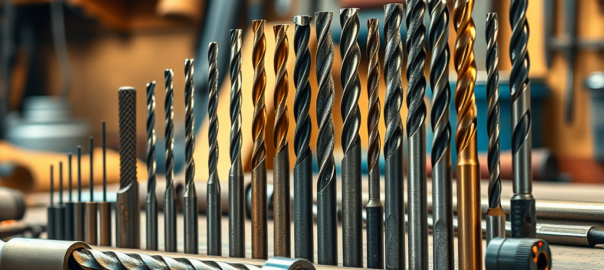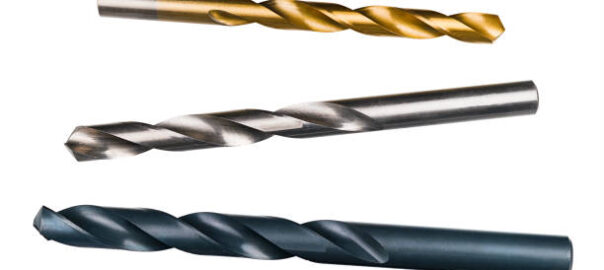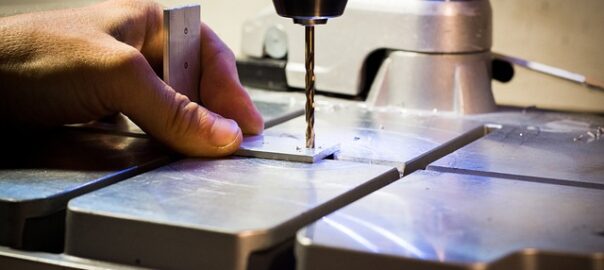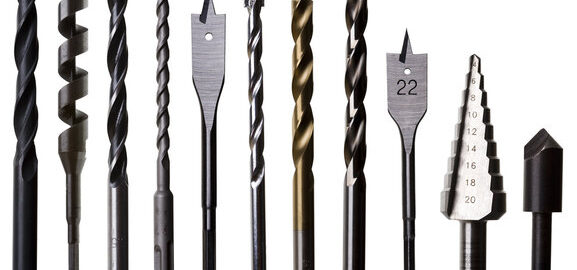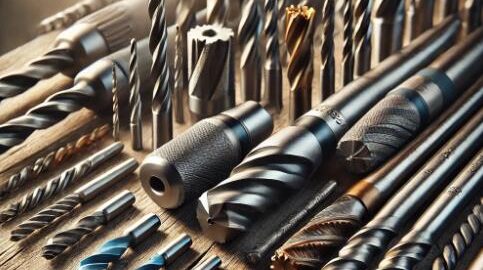
Whether you’re a professional contractor, DIY enthusiast, or metalworker, choosing the right drill bit can make all the difference. With so many materials, coatings, and sizes available, it’s easy to get overwhelmed. In this guide, we’ll answer the most frequently asked questions about drill bits to help you make an informed decision.
What Are the Three Main Types of Drill Bits?
Drill bits come in a variety of shapes and materials, but the three most common types are:
- Twist Drill Bits – The most widely used, suitable for drilling into wood, plastic, and soft metals.
- Spade Bits – Best for drilling large holes in wood quickly.
- Masonry Bits – Designed for drilling into concrete, brick, and stone when used with a hammer drill.
How Do I Know Which Drill Bit to Use?
Choosing the right drill bit depends on the material you’re drilling:
- Wood: High-speed steel (HSS) or spade bits work well.
- Metal: Cobalt or carbide drill bits are best for harder metals.
- Masonry: Use carbide-tipped masonry bits for concrete, brick, or stone.
- Plastic: Use HSS drill bits with a slow speed to prevent melting.
Is Cobalt or Carbide Better for Drill Bits?
Cobalt and carbide drill bits are both excellent for metal drilling, but they serve different purposes:
- Cobalt Drill Bits: Made of HSS with cobalt added, these are great for drilling stainless steel, cast iron, and other tough metals. They are heat-resistant and durable but can break under excessive force.
- Carbide Drill Bits: Tungsten carbide bits are harder and stay sharper longer. They excel in high-speed drilling and cutting through the hardest materials but are brittle and prone to chipping.
What Is the Strongest Type of Drill Bit?
Carbide-tipped drill bits are the hardest and most wear-resistant, making them ideal for tough drilling jobs. However, cobalt drill bits are often preferred for their balance of hardness and durability.
What’s Stronger: Titanium or Carbide Drill Bits?
Carbide is significantly harder than titanium. Titanium drill bits are simply high-speed steel bits coated with titanium nitride for longer wear resistance. Carbide drill bits, on the other hand, are made from solid tungsten carbide, making them much more durable and suited for extreme conditions.
What Is a #1 Drill Bit?
A #1 drill bit refers to a specific size based on the numbered wire gauge system. A #1 drill bit has a diameter of 0.228 inches (5.79mm) and is commonly used for precision drilling in various applications.
Which Drill Bit Is Stronger: Titanium or Cobalt?
Cobalt drill bits are stronger than titanium-coated bits. Titanium bits have a coating that extends their lifespan but wears off over time. Cobalt drill bits, made from a solid alloy, retain their cutting power even after multiple uses.
What Drill Has the Most Torque?
Torque refers to the rotational force of a drill. The highest torque drills are usually:
- Corded Hammer Drills – Designed for heavy-duty masonry and metal drilling.
- Brushless Cordless Drills – These offer high torque and efficiency.
- Impact Drivers – Though not traditional drills, they provide significant torque for driving fasteners into tough materials.
What Drill Bits Don’t Break Easily?
Drill bits that resist breaking include:
- Cobalt drill bits – Tough and heat-resistant.
- Carbide-tipped bits – Extremely hard and long-lasting.
- Black oxide-coated HSS bits – More durable than standard HSS bits.
Are Cobalt Drill Bits the Strongest?
Cobalt drill bits are among the strongest, but carbide drill bits are harder. However, carbide bits are more brittle, while cobalt bits offer a good balance of strength, heat resistance, and durability.
More FAQs About Drill Bits
How Do You Keep a Drill Bit from Dulling?
- Use cutting oil for metal drilling.
- Use the correct speed settings for different materials.
- Avoid overheating by not applying excessive pressure.
- Regularly sharpen your bits if possible.
What’s the Best Drill Bit for Stainless Steel?
Cobalt drill bits are best for stainless steel since they can withstand high heat and are resistant to wear.
Can You Use a Regular Drill Bit for Concrete?
No, you need carbide-tipped masonry bits for drilling into concrete. A hammer drill also helps improve efficiency.
What Does a Step Drill Bit Do?
A step drill bit is used for drilling multiple hole sizes in thin materials like sheet metal and plastic without changing bits.
Final Thoughts
Selecting the right drill bit for the job ensures efficiency, precision, and durability. Whether you need high-speed steel for wood, cobalt for tough metals, or carbide for the hardest materials, understanding their strengths will help you drill smarter.
Need high-quality drill bits? Browse our selection at DrillBitsBarn.com for the best drill bits suited to your needs! You can also visit our partner site at www.drillbitsusa.com for more information.
